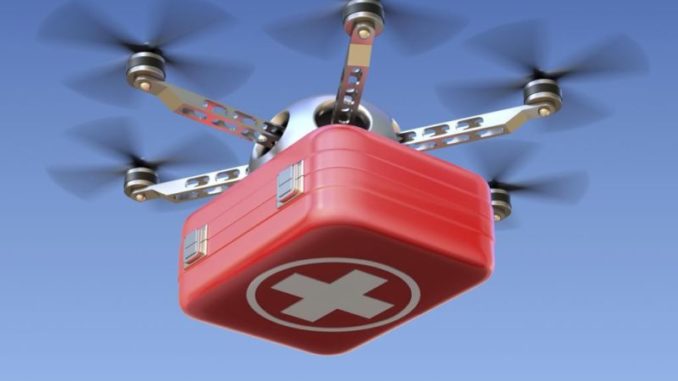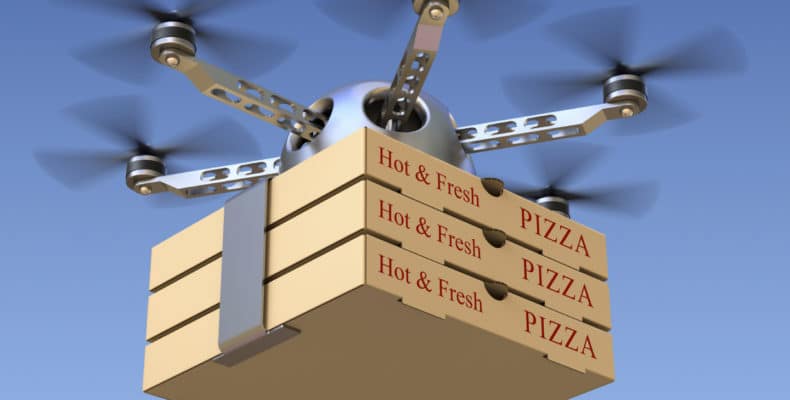
Visits: 74
Drones are expected to become an increasingly common tool in our everyday lives. In a new research project led by Morten Fjeld, researchers from Chalmers University of Technology will be investigating how social drones are best used and regulated in order to benefit individuals and society as a whole.
Courtesy Chalmers University: Social drones are expected to be part of society in the same way as cars and technological aids are today. They may also come to be used as personal companions and assistants. What could such interaction look like? The researchers involved in the project will investigate how this development affects both individuals and society as a whole, for example in terms of laws, policies and education.
Some of the questions asked by the researchers are: How can you design drones so that their use improves the lives of individuals and society? Is the technology even useful, or do the risks outweigh the benefits? 
Project: The Rise of Social Drones: A Constructive Design Research Agenda
Morten Fjeld, Professor at the department of Computer Science and Engineering
Sara Ljungblad, Assistant Professor at the department of Computer Science and Engineering
Part of a national research programme
The project is part of the national research programme WASP-HS, where the abbreviation HS stands for humanities and society. The research programme was initiated by Marianne and Marcus Wallenberg Foundation and Marcus and Amalia Wallenberg Foundation and encompasses a total of SEK 660 million over ten years. The programme will primarily analyse the ethical, economic, social, legal and labour market aspects that may be entailed by the ongoing technological shift in society.
Funding granted to 16 projects in AI and autonomous systems
Marianne and Marcus Wallenberg Foundation has granted SEK 96 million to be shared by 16 research projects studying the impact of artificial intelligence and autonomous systems on our society and our behaviour. http://wasp-hs.org
Leave a Reply